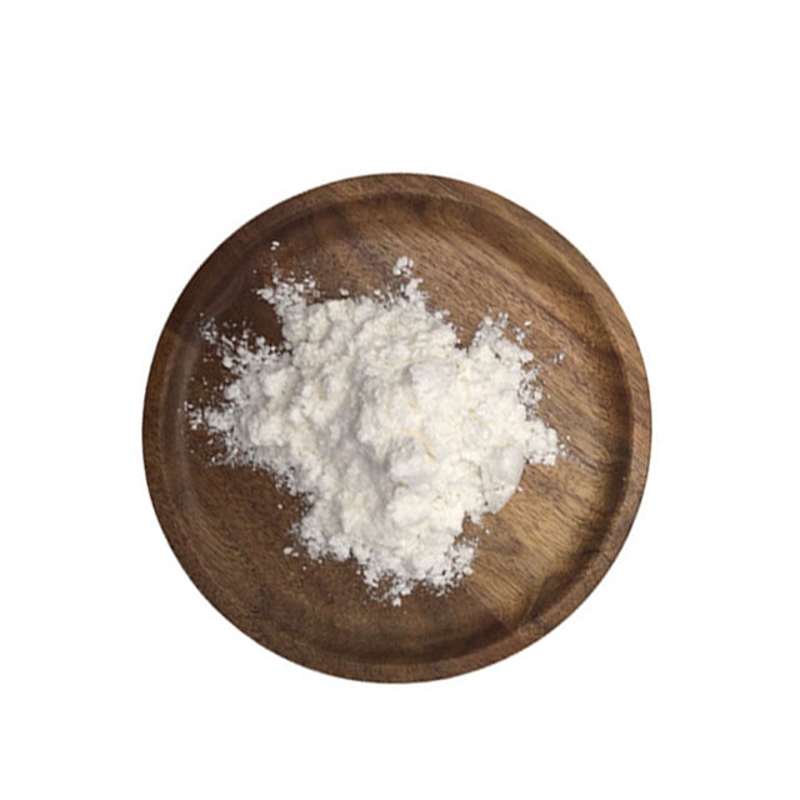-
Categories
-
Pharmaceutical Intermediates
-
Active Pharmaceutical Ingredients
-
Food Additives
- Industrial Coatings
- Agrochemicals
- Dyes and Pigments
- Surfactant
- Flavors and Fragrances
- Chemical Reagents
- Catalyst and Auxiliary
- Natural Products
- Inorganic Chemistry
-
Organic Chemistry
-
Biochemical Engineering
- Analytical Chemistry
- Cosmetic Ingredient
-
Pharmaceutical Intermediates
Promotion
ECHEMI Mall
Wholesale
Weekly Price
Exhibition
News
-
Trade Service
Proton pump inhibitors (PPI) are one of the most widely used drugs, with a usage rate of up to 15.5% in some adults.
although a recent prospective study showed that PPI was not associated with a significant increase in the risk of long-term adverse events, the use of PPI reduced stomach acid secretion, and the data suggest that this may affect the composition of gut microorganisms.
SIBO is a disease caused by abnormal and excessive numbers of bacteria in the small intestine and is usually associated with gastrointestinal (GI) symptoms such as bloating, excessive gas, abdominal discomfort and diarrhea, and weight loss.
some speculated that PPI use was the cause of SIBO.
, the study aims to compare differences between the heteum and fecal microbiomes of PPI and non-PPI users.
for the study, the researchers recruited continuous subjects who did not have colonoscopies, and patients who used antibiotics were excluded.
subjects who took PPI matched the age and sex of the non-PPI control by 1:2.
the composition of the patient's heteum and fecal microorganisms using 16S rRNA sequencing.
results showed that the difference between the hetero-intestinal microbiome and the non-PPI subjects (N s 118) was not significant, but among the PPI subjects, Campylobacter (3.13 times, FDR P value of 0.01) ) and Bifidobacteria (2.9 times, FDR P value of 0.01) are significantly higher relative abundance, and Thyrobacteria is significantly less abundant (88.24 times, FDR P value of 0.0001).
, whether determined by bacterial culture or 16S sequencing, there was no significant difference in SIBO rates between the two groups, nor was there a significant difference in SIBO rates between subjects using different PPI.
these findings suggest that the use of PPI was not associated with a higher SIBO rate, but reduced the relative abundance of Ocsepus, a two-fingered bowel and fecal microbiome, and an increase in the relative abundance of streptococcus in feces.







